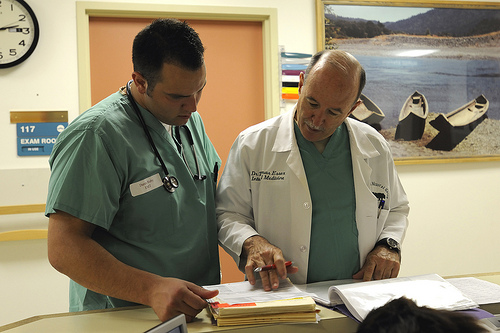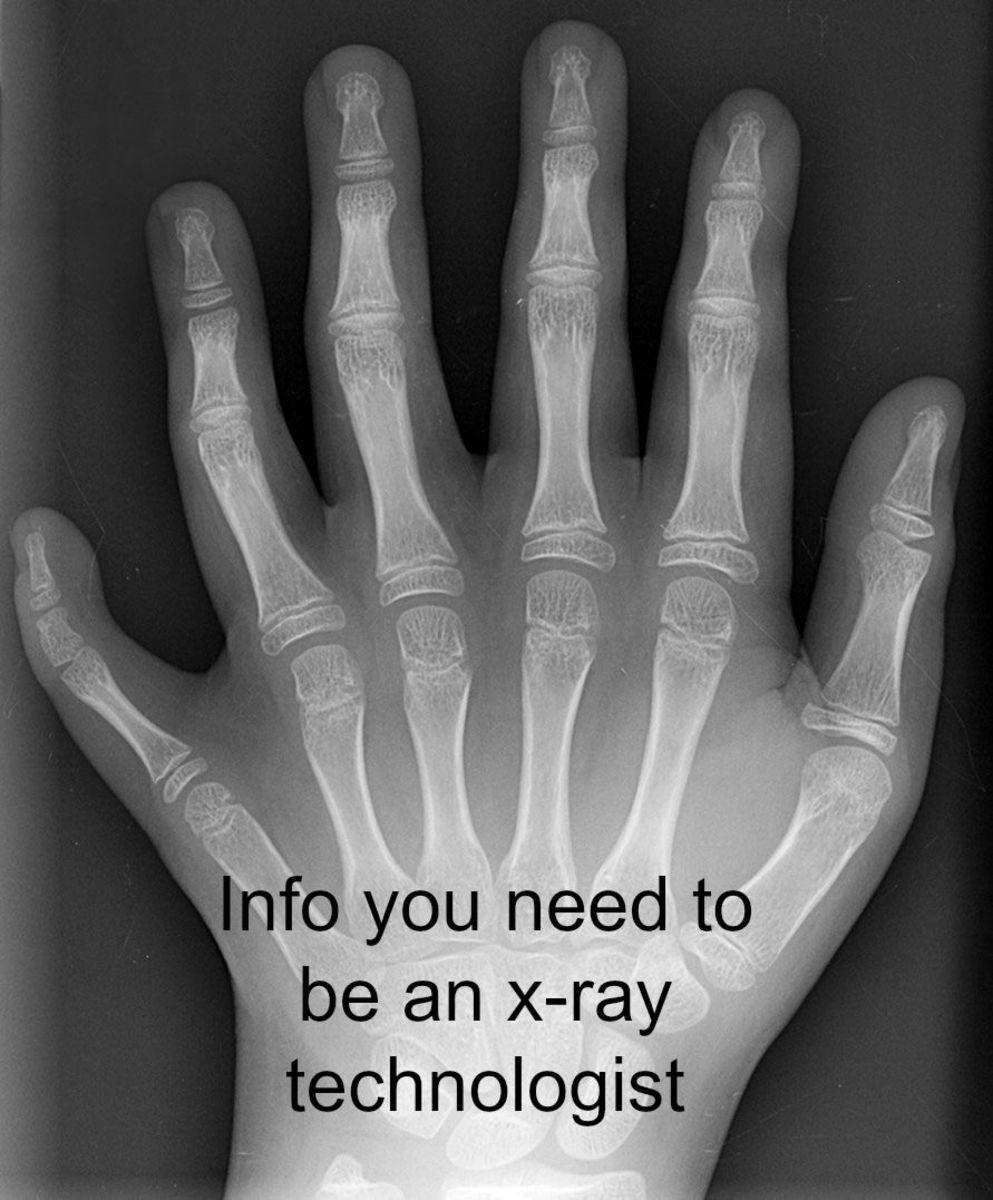Medical Unit Clerk Jobs

© 2012 by Aurelio Locsin
The primary functions of hospitals, doctors’ offices and other medical facilities center around diagnosing medical conditions and treating patients. However, as businesses, they must also manage information and paperwork, or risk inefficiency, unprofitability and eventual failure. Medical unit clerks perform general business tasks to support doctors, nurses and other health-care staff.
Basics
As with administrative staff in any other industry, medical unit clerks perform basic business functions for health-care establishments.
- They greet patients and ask them to fill out forms, answer phones and schedule appointments, and transfer doctors notes to medical charts.
- Whether in paper or digital form, information that they receive must be processed in a timely manner and stored for easy access by medical staff.
- They also operate office equipment such as copiers, faxes and communications systems.
- Unlike medical assistants, medical unit clerks do not perform basic medical tasks such as measuring patient vital signs.
Confidentiality
One major difference between medical unit clerks and administrative help in other industries is the need to keep patient data confidential. This information is generally quite sensitive, requiring discretion and security for handling. For example, a clerk in any business may dispose of unwanted documents by simply throwing it in the trash. Medical unit clerks may need to shred such paper, or observe it being destroyed so it can no longer be reconstructed. Those who deal with digital storage systems and computer networks must safeguard their units from hackers, viruses and other unauthorized access. This may require working closely with and learning from computer security specialists.
Characteristics
Medical unit clerks who have certain personal qualities and skills can perform their jobs more effectively.
- Interpersonal skills are arguably the most important because they interact constantly with patients, medical staff and administrative staff.
- A good attitude can improve what may be stressful experiences.
- Organizational skills are necessary for storing information quickly and so doctors can view them at a moment’s notice, while computer skills allow the benefits of digital technology for data management.
- Clerks must also be able to communicate accurately and professionally to many types of people, both verbally and in writing.
Jobs
Although a high-school diploma may be the minimum requirement for medical unit clerks, many employers prefer those with some post-secondary courses in medical terminology and health-care procedures.
- As of May 2011, medical unit clerks earned a mean $28,510 per year, or $13.74 per hour, according to the Bureau of Labor Statistics.
- This was less than the average $32,900, or $15.82 per hour for all medical office support occupations, and under the mean $47,550 yearly, or $22.86 hourly, for all professions in the health care industry.
Related Jobs
- Alocsin's Medicine Jobs and Salaries Index
The following is an index to Alocsin's hubs on medical jobs and salaries, including doctors, dentists and nurses. The hubs are arranged in alphabetical order by category and then title. - The Highest Paid Doctors in the USA: Medical Specialties with the Best Paying Salaries
Though doctors earn the highest pay in the U.S. as a group, those who are specialists earn even better salaries. - What Are the Duties of Medical Practitioners?
Medical practitioners are healthcare professionals who are licensed by their states to diagnose and treat medical conditions. The designation typically applies to doctors, surgeons and dentists but can also include physician assistants, nurses and pa - How Much Salary Does a Patient Care Tech Make?
The ultimate responsibility of patient care technicians is to take care of patients at healthcare facilities, often under the supervision of medical staff. They may also be called nursing aides or attendants, if they provide medical care such as meas - U.S. Bureau of Labor Statistics
The Bureau of Labor Statistics is the principal fact-finding agency for the Federal Government in the broad field of labor economics and statistics.






